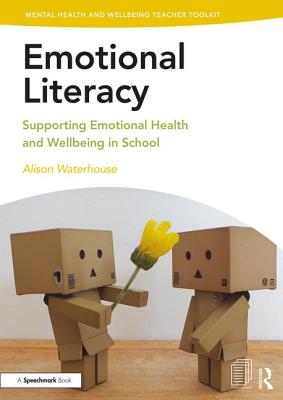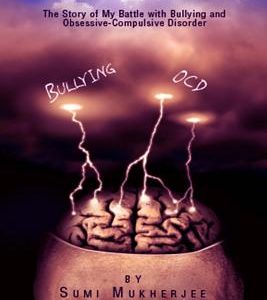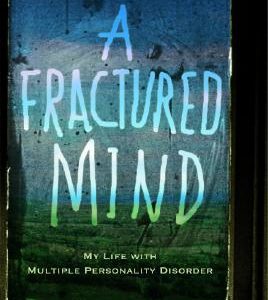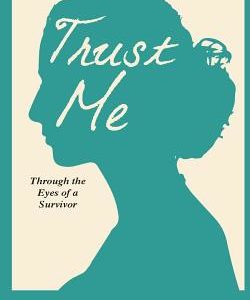Emotional Literacy: Supporting Emotional Health and Wellbeing in School
$42.26
Description
One of the five books in the Mental Health and Wellbeing Toolkit for teachers and other professionals working with children, this practical resource focuses on the topic of ‘Emotional Literacy’ and how to support children and young people on a journey of self-discovery where they learn to recognise, understand, share and manage a range of emotions. Promoting a proactive rather than a reactive approach to dealing with the social and emotional aspects of learning and managing the world of today, Emotional Literacy addresses the increasing number of mental health issues arising among young people. Chapters span key topics including Recognising Emotions, Understanding Emotions, Self-Regulation and Empathy. This book offers:
– Easy to follow, and flexible, lesson plans that can be adapted and personalised for use in lessons or smaller groups or 1:1 work.
– Resources that are linked to the PSHE and Wellbeing curriculum for KS1, KS2 and KS3.
– New research, ‘Circles for Learning’, where the introduction of baby observation into the classroom by a teacher is used to understand and develop self-awareness, skills for learning, relationships, neuroscience and awareness of others.
– Sections on the development of key skills in communication, skills for learning, collaboration, empathy and self-confidence.
– Learning links, learning objectives and reflection questions.
Offering research-driven, practical strategies and lesson plans, Emotional Literacy is an essential resource book for educators and health professionals looking to have a positive impact on the mental health and wellbeing of the children in their care; both now and in the future.
Author: Waterhouse, Alison
Topic: Education / Teaching
Media: Book
ISBN: 1138370274
Language: English
Pages: 210
Additional information
| Weight | 2 lbs |
|---|















Reviews
There are no reviews yet.